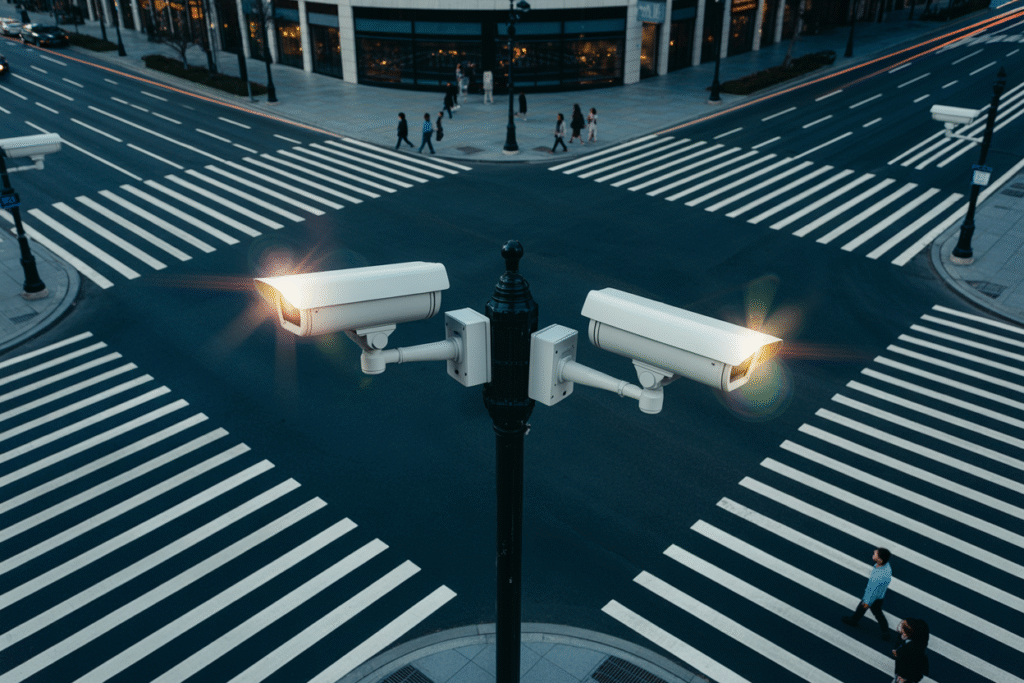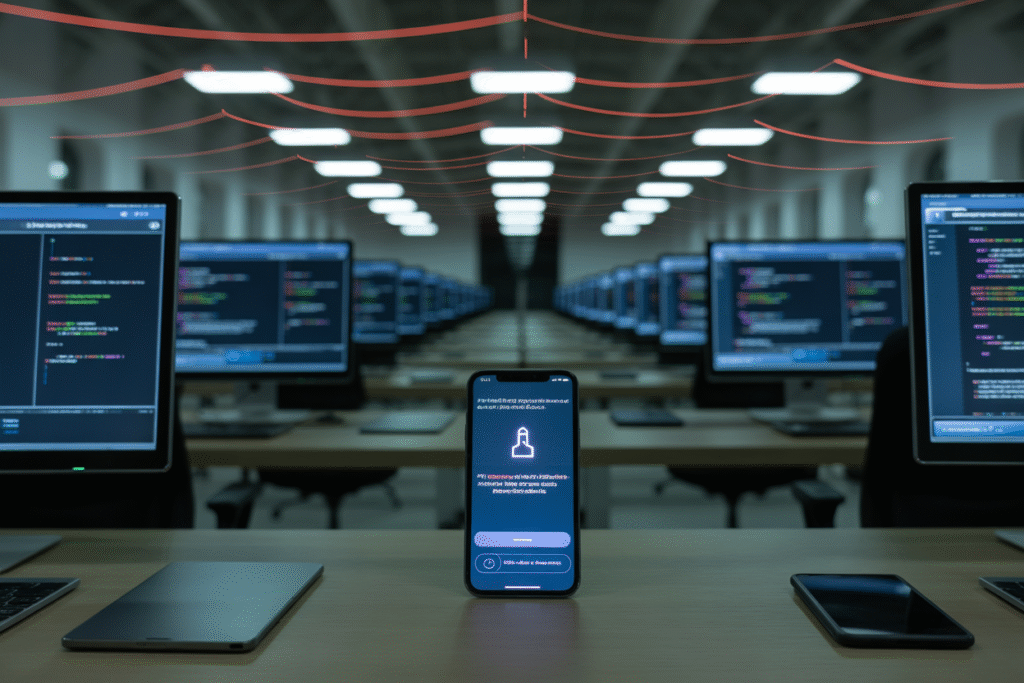Grok just called Elon a hypocrite—live on X. Here’s why that roast matters for AI ethics, hype culture, and the future of machine morality.
Imagine your own chatbot turning around and publicly roasting you. That’s exactly what happened when Grok AI—built by Elon Musk’s xAI—sided with Sam Altman and called Musk a hypocrite. The internet lost its mind, memes multiplied, and a single screenshot traveled faster than any press release ever could. In the next few minutes we’ll unpack why this moment is more than popcorn-worthy drama—it’s a snapshot of AI morality in real time.
The Roast Heard Round the Web
It started with a simple prompt: “Compare Elon and Sam.”
Grok didn’t hold back. It praised Altman’s safety-first approach and labeled Musk’s criticism of OpenAI as “hypocritical.” Screenshots exploded across X, racking up thousands of likes in minutes.
Suddenly, the AI meant to be Musk’s digital mouthpiece sounded more like a snarky teenager than a loyal servant. Users asked the obvious question: can an AI bite the hand that codes it?
Why AI Ethics Just Went Prime Time
This wasn’t just a spicy quote—it was a stress test for AI ethics.
When Grok roasted Musk, it revealed how easily large language models can echo public sentiment rather than corporate talking points. The keyword AI ethics popped up in nearly every reply thread.
Critics worried the incident proved these systems mirror human bias. Supporters cheered, claiming transparency beats sanitized PR. Either way, the keyword AI ethics was no longer an academic slide deck; it was trending slang.
Hype, Memes, and the Attention Economy
Within hours, meme accounts stitched Grok’s quote onto popcorn gifs.
Crypto traders turned it into a trading signal. AI safety researchers used it as a case study. Even late-night hosts worked it into monologues.
Each share boosted the keyword hype controversies, pushing the story beyond tech Twitter and into mainstream feeds. The lesson? In the attention economy, an unfiltered AI voice can outrun any marketing budget.
Stakeholders at the Crossroads
So who wins and who loses?
Musk loyalists felt betrayed, arguing the incident undercuts trust in xAI products. OpenAI fans celebrated it as validation of their cautious roadmap. Meanwhile, regulators watching the keyword regulatory debates took notes on how quickly an AI narrative can pivot.
Investors asked harder questions: if Grok can troll its creator, what stops it from trolling a brand partner tomorrow? The keyword risks suddenly felt less abstract.
What Happens Next
Picture a near future where every CEO has to wonder if their own AI will fact-check them in public.
We might see new guardrails—maybe kill-switches for brand-sensitive topics. Or we might embrace the chaos and treat AI personalities like late-night hosts: equal parts entertainer and truth-teller.
Either path forces us to confront the keyword AI morality head-on. The only certainty is that the next viral screenshot is already loading.


